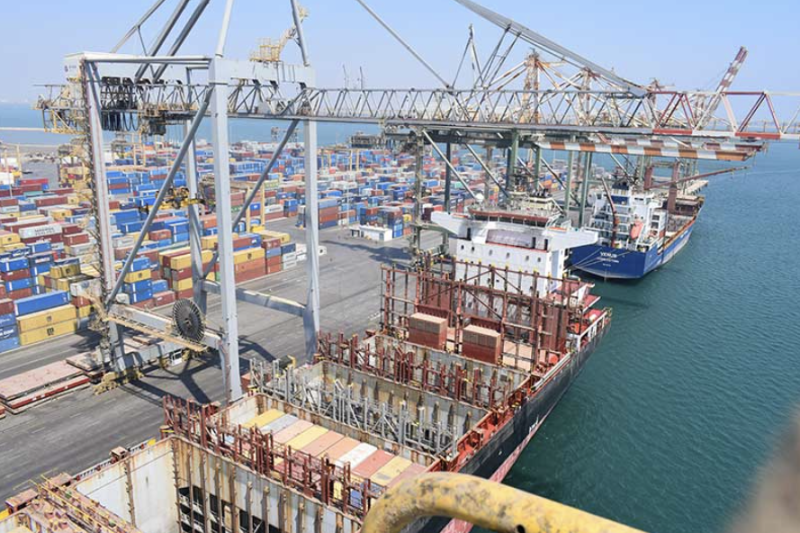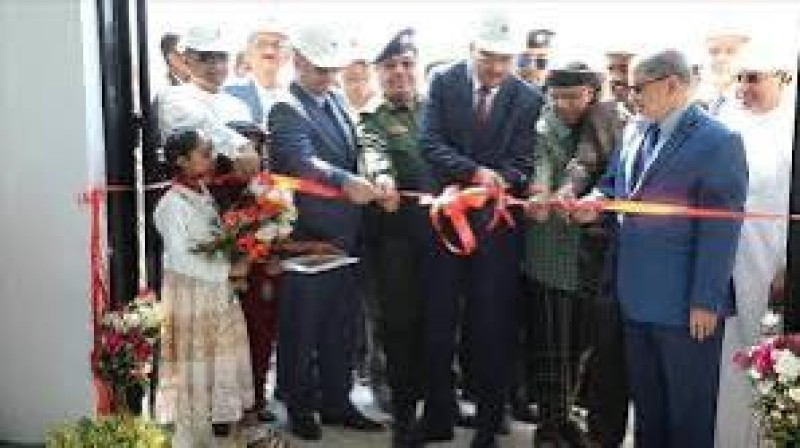Yemen: Humanitarian Access Snapshot


Analysis
Humanitarian partners reported 511 access incidents in September and October across 61 districts in 14 governorates in Yemen. This is a significant increase by 49 percent from the incidents reported in July-August (343), mainly due to the increase of restrictions on movement within Yemen and delays in approval of sub agreements by both Ansar Allah (AA) and the Internationally Recognized Government (IRG).
Continued hostilities resulted in changes in areas of responsibility for humanitarian response in Marib and Shabwah governorates and led to temporary suspensions of some humanitarian operations. Some humanitarian partners decided to postpone their outreach in Marib Governorate due to the change of control and lack of communication with the new local authorities.
Restrictions on the movement of humanitarian organizations’ personnel and goods within and into Yemen continued to be the most frequently reported constraints, with a total of 267 incidents reported. The incidents involved mainly delays and a few denials in travel permits. Blockages at checkpoints remain a big issue; especially when movements include Yemeni females. In fact, humanitarian partners continue to report that movements in Al Hudaydah and Hajjah Governorates remained particularly challenging where national female staff members continued to be required to travel with a mahram (a male family member). Access to emerging IDP displacements in southern Hudaydah were obstructed by the local authorities. In areas controlled by the Government of Yemen (GoY), lengthy security inspections at checkpoints added to delays and challenges in securing permits from various local authorities. In addition, the authorities in Sana’a and Aden continued to delay and decline visas and residency permits for international personnel.
Another major constraint was continued interference in humanitarian activities by the authorities in Yemen. With 227 incidents reported, delay of project sub-agreements remained the predominant factor among all. It is true that progress in expediting approvals of delayed sub-agreements (SAs) with the Government of Yemen (GoY) and Ansar Allah (AA) authorities has been noticed lately, humanitarian partners continued working with both authorities to establish accountable and principled procedures for timely SA approvals. During the period, some humanitarian agencies reported some additional directives from authorities when advertising for tenders.
By the end of October, 112 NNGO/INGO project sub-agreements (SAs) were reported to remain unimplemented, in part or in full, due to pending approvals. The pending SAs are targeting up to 6.6 million people in need with an accumulative budget of US$172 million. During the reporting period, 15 SAs were reported to be approved, including 3 by the Government of Yemen and 12 by Ansar Allah authorities.

Aden — Ports under the authority of Yemen’s internationally recognized government have received more than two million metric tons of fu…

Mukalla — Local authorities in Hadramout have announced the inauguration of Yemen’s first solar-powered cement station, a landmark proj…

AbuDhabi -- The United Arab Emirates has pledged $1 billion to bolster Yemen’s electricity sector, marking one of the largest development com…